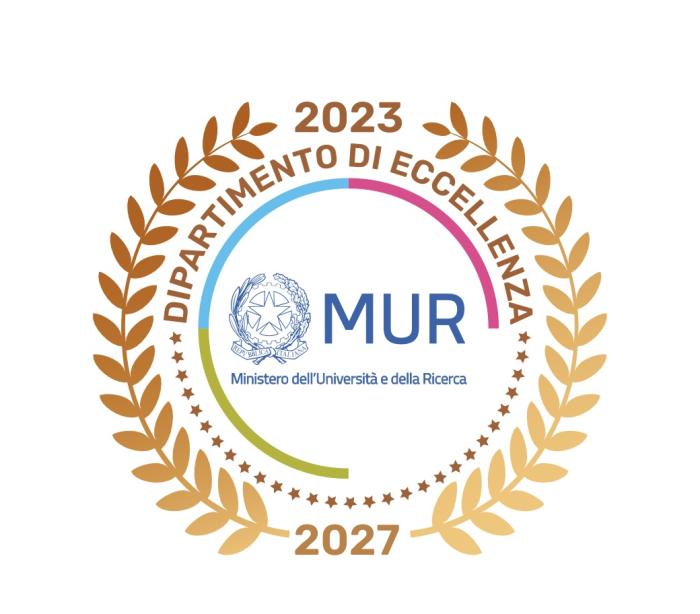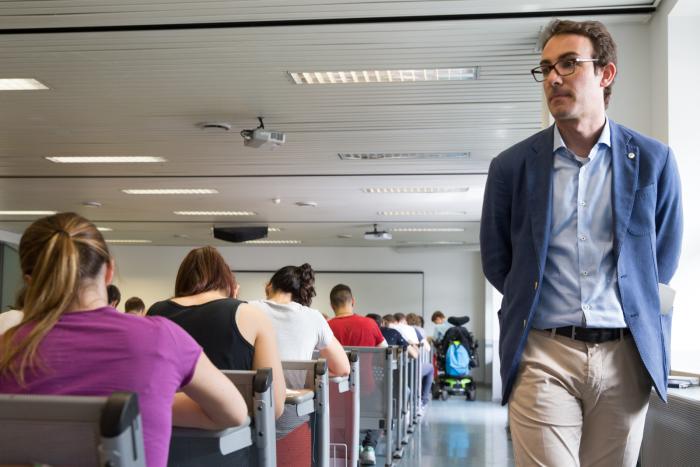
A department that delivers results
The Department of Management (DiPSA) plays a central role in the academic and civic mission of the University of Bergamo. Through research excellence, high-quality teaching, international partnerships and strong ties with the local economy, the Department contributes to building inclusive, innovative and sustainable communities.
Its impact is measurable across national evaluations, graduate outcomes, faculty productivity and international collaborations. With over 900 graduates every year, more than 60 professors and researchers, and a high percentage of first-generation students, DiPSA is a driver of knowledge and opportunity.

The Italian Ministry of University and Research has selected DiPSA as a Department of Excellence for the 2023–2027 period based on its outstanding research performance and forward-looking development plan.
According to ANVUR’s national evaluation of research quality (VQR 2015–2019), DiPSA ranks:
At the international level, the University of Bergamo appears among the best emerging universities:

DiPSA graduates are highly employable and enter the labour market quickly. According to the AlmaLaurea 2024 national graduate survey:
In addition, over 76% of DiPSA graduates are first-generation university students, confirming the Department’s role in fostering inclusion and social mobility.
Most graduates are employed in the Lombardy region, particularly in managerial, marketing, finance and administrative positions. Many access international careers through study abroad experiences and language preparation.

DiPSA has a well-developed internationalisation strategy and is part of a growing network of global partners. Each year, the Department hosts around 20 visiting professors from universities in Germany, the UK, France, Spain, India and the United States.
Key figures:
DiPSA’s faculty publish regularly in leading international journals in management, accounting, marketing, finance and organisational studies. The Department promotes interdisciplinary research, open science and engagement with external stakeholders.
Research projects address urgent societal and economic challenges, including:
These efforts are part of the University’s public engagement strategy and reflect the Department’s role as an actor of responsible change in the region and beyond.